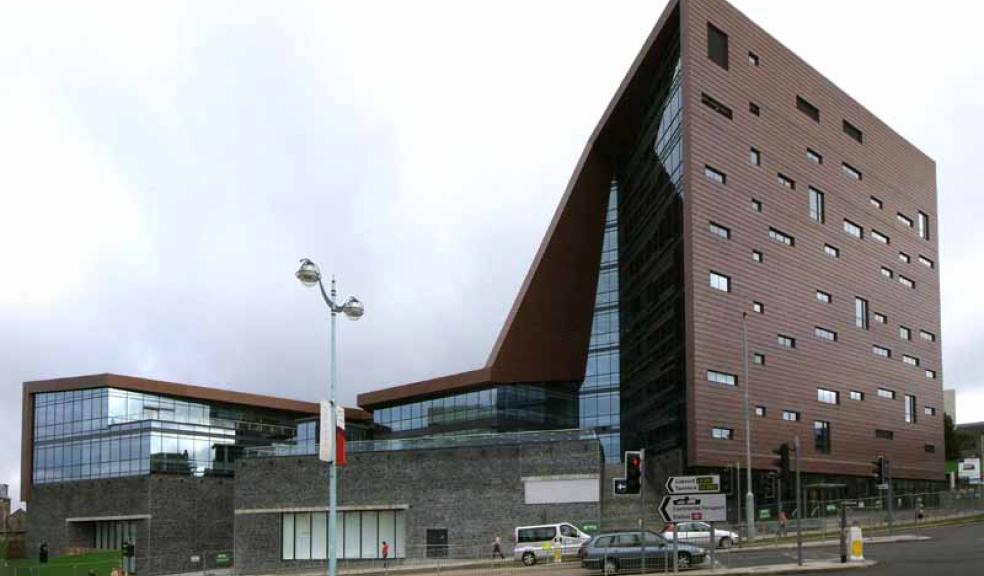
University secures seven figure sum for international research mentor programme
Plymouth University is set to receive more than one million euros from the European Union to fund a series of international fellowships for early career researchers from overseas institutions.
University academics will mentor the fellows and oversee their work on a number of projects across robotics, geology, environmental quality, psychology, education, and early childhood education and care.
In total, the University secured €1,009,676 from the annual Marie Skłodowska-Curie Individual Fellowships, which is part of the EU’s Horizon 2020 programme.
The University was successful with six applications, and its 50% success rate was well above the international average of just 18%. It means that the University has received nearly £7 million in funding from the programme since 2007.
Professor Ray Playford, Deputy Vice-Chancellor, said: “It is great news that we have had such a high success rate in securing funding for our applications to the Marie Skłodowska-Curie Individual Fellowships. This is a highly competitive environment and these results are testament to the international standing of our academic community and to the breadth of our expertise.
“These fellowships include bringing early career researchers from Europe to Plymouth to work on some exciting new projects, and will lead to knowledge sharing that will benefit all parties.”
Four of the fellowships will see the University mentoring visiting researchers, while two will involve Plymouth academics heading overseas for learning and development, before they bring back their newly-acquired knowledge to the institution.
The fellows are each being recruited to work on a specific research project. One will see a French researcher working alongside the University’s robotics team in the School of Computing and Mathematics on the DoRoThy project (Donating Robots a Theory of Mind), which is working to advance the design and practical implementation of socially interactive robots, enabling them to read social situations and respond appropriately.
Another will involve an academic from Romania working with the School of Geography, Earth and Environmental Sciences to look at the impact of mining on surrounding environmental quality in rivers and coastal ecosystems around the Tamar Valley.
The remaining projects cover a study of tectonic faults in the oceanic crust, an investigation of the brain mechanisms underlying visual mental imagery, an examination of the social interactions and dynamics of primary school pupils, with an emphasis on those identified as having special educational needs, and another on early childhood education and care.













